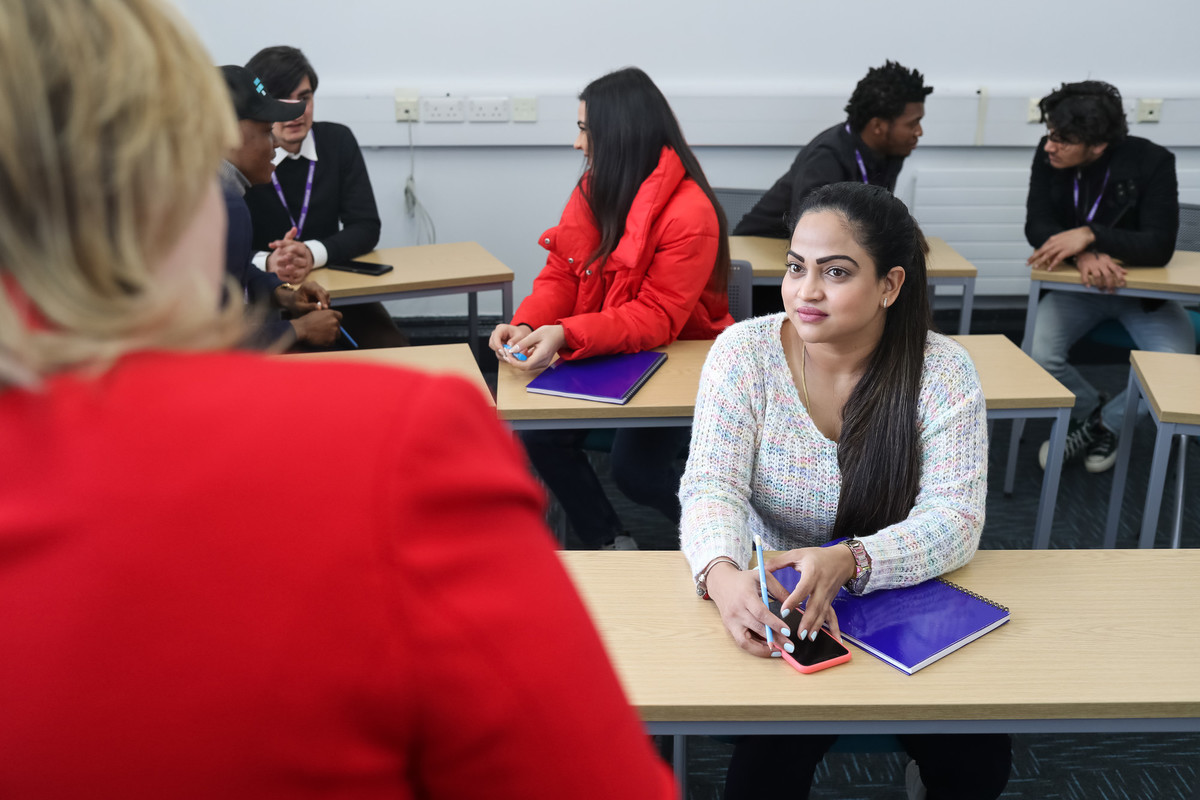This course will provide graduates with the opportunity to develop an independent, substantial piece of scholarly research in a field of Modern Languages and Language Area Studies. Students will be informed by, and contribute to, academic debates about the methods, approaches and practices that underpin the discipline.
We provide a supportive environment for the design and production of your research dissertation. The MRes in Modern Languages comprises two key elements: a double core module focusing on research methodology (40 credits) and an extended dissertation (140 credits). The Research Dissertation module is divided into three stages, during which you will work closely with your dissertation supervisor exploring, firstly, the existing literature on your topic; secondly, planning your research project; and finally, writing up your dissertation.
You will choose the topic of your dissertation in consultation with your supervisor and it will reflect your own research interests and the Department's research specialisms.
The Department offers supervision in a range of Modern Languages and Area Studies topics. We have particular strengths in postcolonial, political, literary and cultural studies in Europe and the francophone, Hispanic, German and Chinese-speaking worlds.
Learn more about applying for this course





